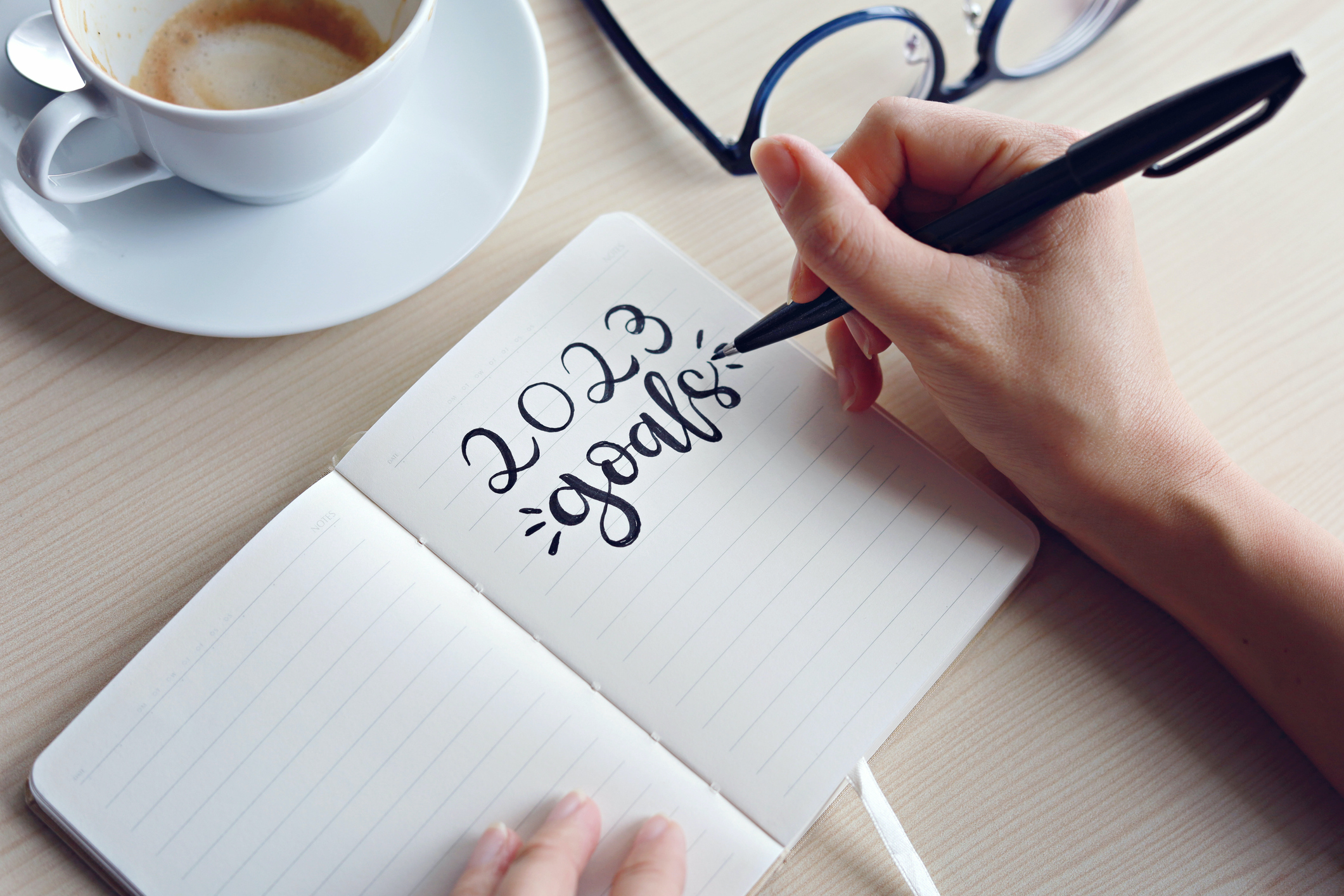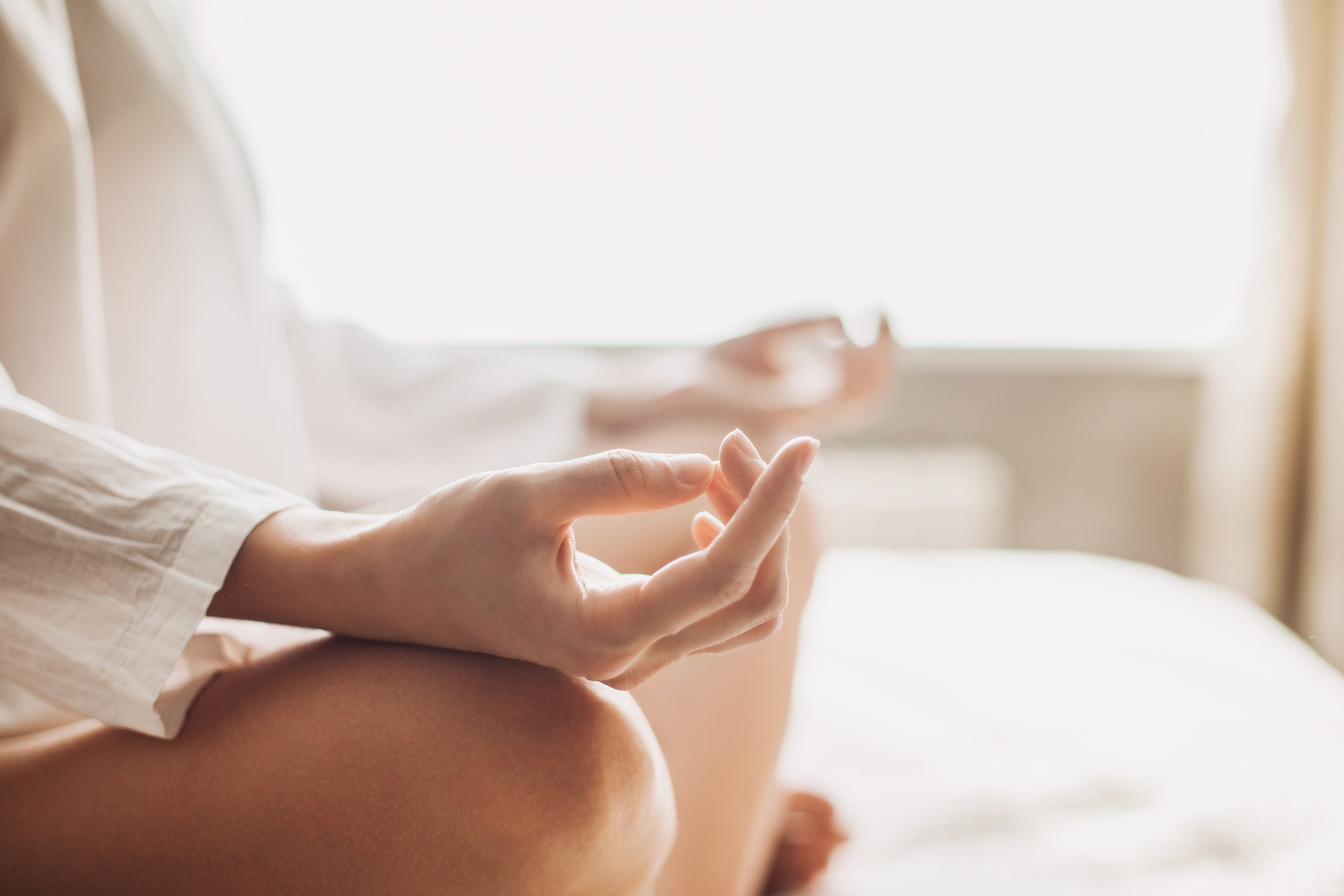Well into the new year, and how are those new habits you were going to start coming along?
We're guessing that you also have your own history of resolutions that seem great and sensible in January, and that you really want to accomplish, but that in February are already the snow from last year.
Can this year be any different?
Homo Sapiens are creatures of habit who prefer everyday life to be as it has always been, because the brain saves energy and is more confident that the body will survive if we just do what we've always done. So it takes both perseverance and willpower to break free from habitual patterns and establish new habits. But there is advice.

The author of the book "Thinking fast and slow", Daniel Kahneman, points out how we have two systems in the brain that both have a hand in how we create habits. One is the unconscious, which automatically takes us through the day without us spending valuable energy pondering the details of what we do and everything that happens around us.
The second is the conscious, with the slow thought processes that often have a specific purpose. This is the system we use when we want to create new habits, where we set goals, weigh the pros and cons of carrying on as before, and envision the results of getting the new habits.
The challenge lies in the fact that our good intentions are often overrun by the unconscious system, the bulldozer with all the ingrained thought patterns and habits. Some of them have spent their entire lives becoming part of the nervous system with the aim of ensuring our survival in this world, no less. So we're dealing with powerful forces, and it may seem impossible to change habits. But as Charles Duhigg writes in his book The Power of Habit:
"Change may not be quick and it's not always easy, but with time and effort, almost any habit can be reshaped".

The thing about habits, according to Charles Duhigg, is that you can't really get rid of them, they can only be replaced by other habits. Habits are triggered by triggers and we get a reward in the form of something material or an emotion. We're always seeking rewards and the triggers that trigger a habit, like it's 2pm and you're craving a caffeine, or it's Friday and you're craving chocolate, will always be there. You will always have to get up, sleep, eat something during the day, meet other people, seek pleasure, and a number of other things. That's why you need to do something about what happens automatically when the habit is triggered.
If you want to change your morning routine from one of snoozing, checking your phone and having three cups of coffee on the go to something that really gets you ready for the day, you need to replace some habits with others. Perhaps replacing the alarm going off - a trigger, and automatically checking the news app - a reward full of dopamine, with a new routine - such as meditation, which also soothes the system, but in a different way to news checking. To change a habit, you need to keep the old signal and deliver the old reward in the form of a good feeling, but put into a new routine that gives it what you want.

There is a difference between habits. You have small habits that you may want to change, but an isolated change in one small habit can make that change disappear in the wake of everything else going on. If you want to sleep better, which in many cases has to do with habits, turning off Netflix an hour before bedtime can help. But if you have a partner who likes to end the day with Netflix, you're less equipped to make the change. It's more effective to change key habits. An example from Charles Duhigg is exercise.
"People who start exercising also start eating healthier and become more productive at work. They smoke less and show more patience with colleagues and family. They use their credit cards less often and say they feel less stressed. Exercising is a key habit that triggers widespread change," he writes in the book. Maybe it also leads to less Netflix, if that's what you want.

Can't stop once you've opened a Milk Chocolate size large, but you really want to eat healthier? Don't keep Milk Chocolate at home. Do you want to start running? Put your sneakers out in the hallway as a reminder. It usually takes at least 30 days for a new habit to take hold. Make it a competition with yourself and put a tick in a visible calendar every day you've completed your new habit. And don't try to eat the elephant in one bite. As with most things, it's all about small steps and bites. There are 12 months in a year, which means that if you want to, you can create 12 habits in one month, one step at a time. We're rooting for you!
So that you have the energy to change the other habits you want to change
Source: Derric Chew
Did you suddenly get the urge to make sauna a habit? We have a membership in collaboration with Bruce. Great fitness selection and sauna in one package!